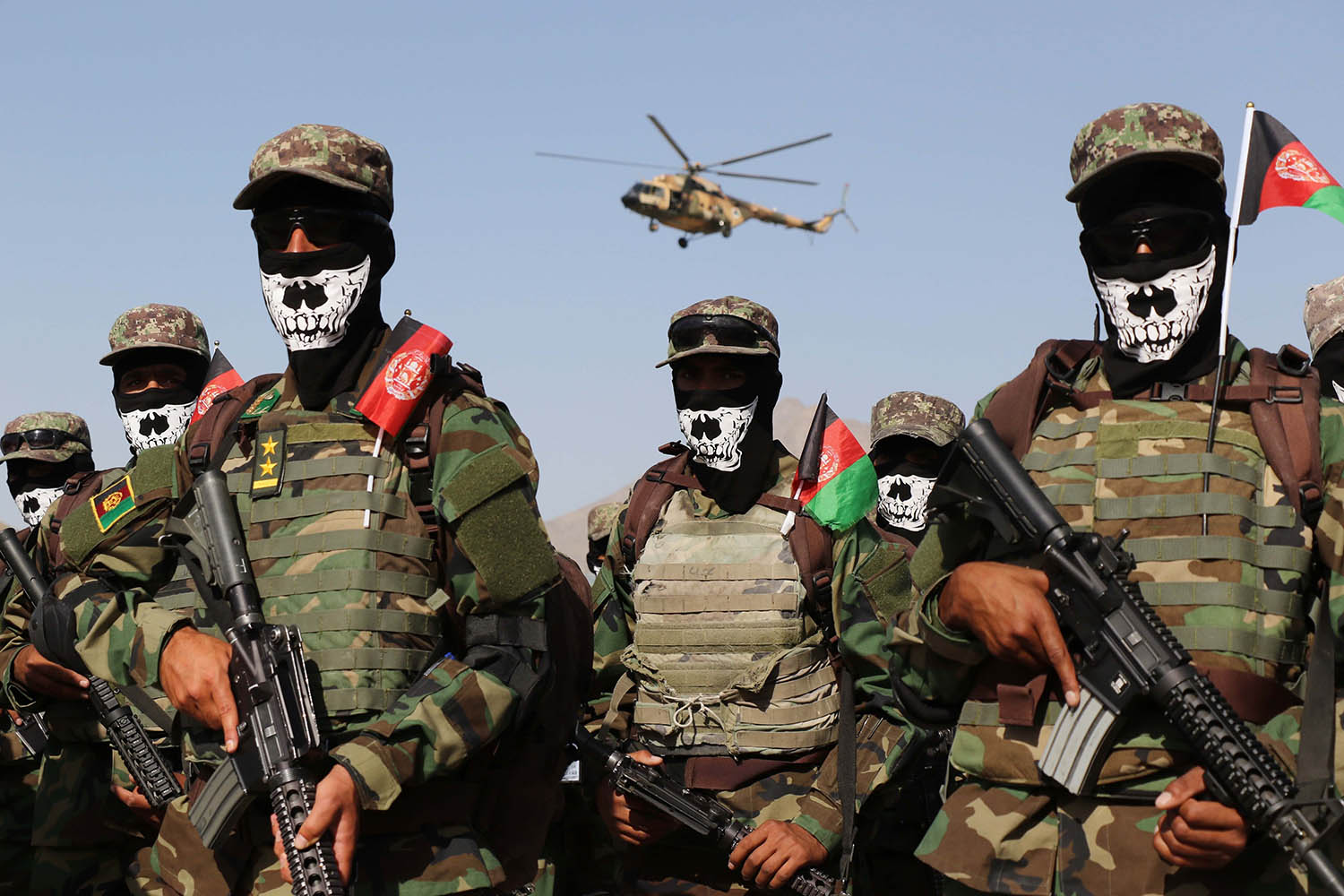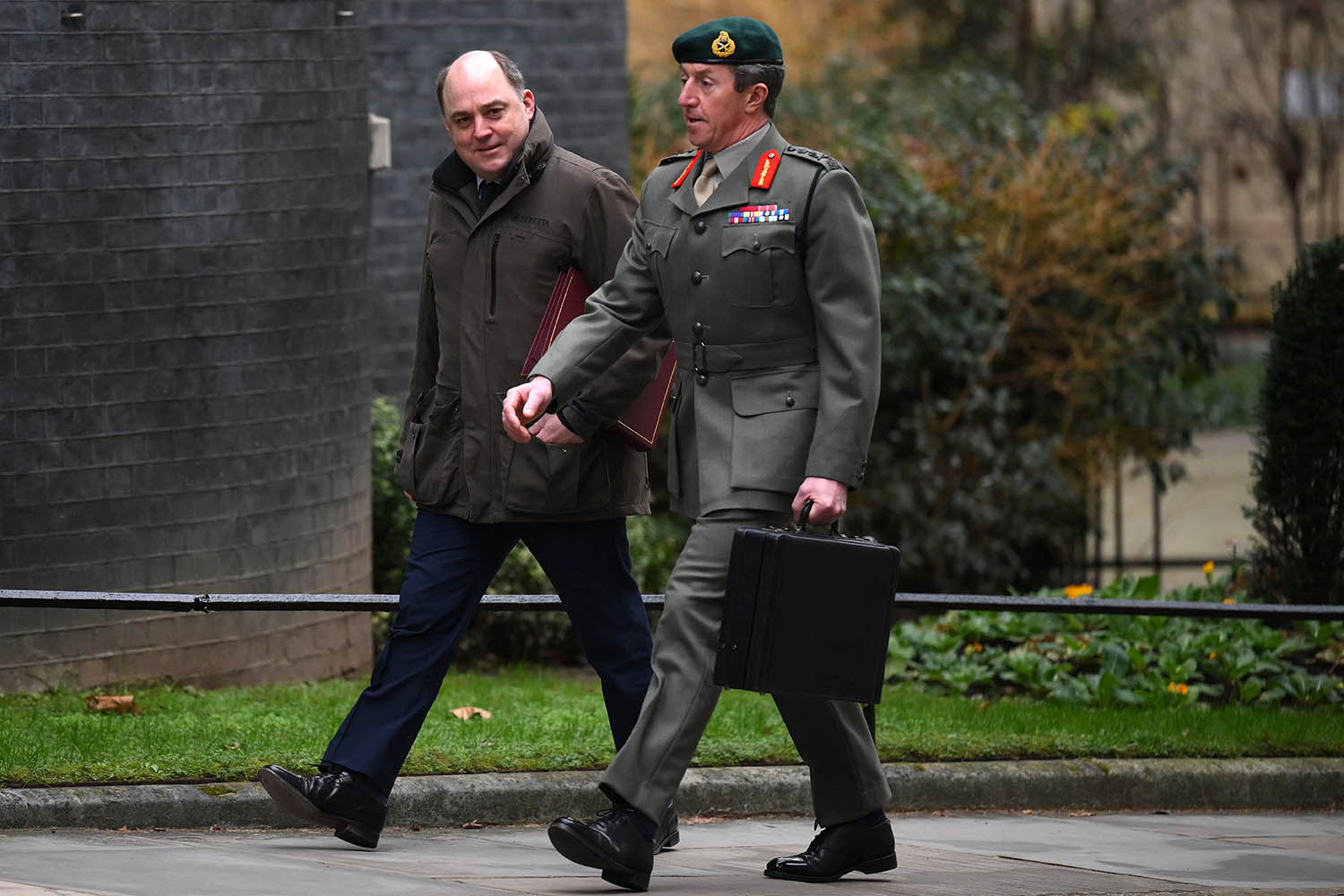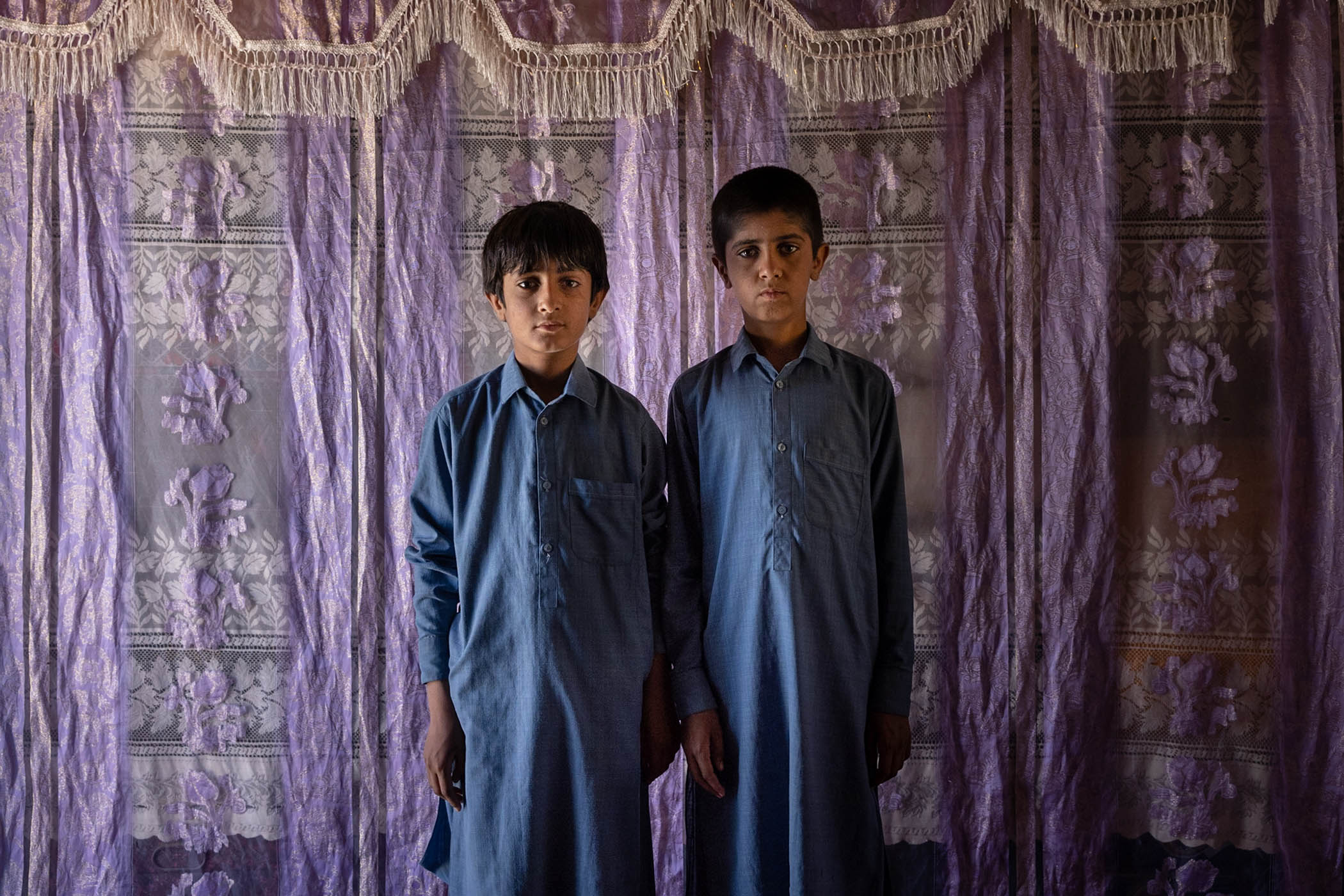Thirty-three thousand Afghans who worked with British authorities in Afghanistan have had their names and addresses accidentally spilled out into the world by the Ministry of Defence. At the heart of the MoD’s response to the debacle there is a moral question: when it decided not to tell people who appeared on the leaked list that their safety had potentially been compromised, was the MoD acting in their interests or its own?
Once the initial decision had been taken to keep the leak secret so the Taliban would not find out about it, the chain of consequences that followed had a relentless logic. Nobody could know, so the secrecy had to be air-tight, and the surest way to achieve that was through a super-injunction. The MoD may have decided on secrecy for entirely principled reasons, but it would have known that it came with collateral benefits the size of an aircraft carrier: a secret screw-up couldn’t be investigated and couldn’t be audited, and nobody could be held to account. Secrecy took one senior person above all out of the line of fire – the First Sea Lord, General Sir Gwyn Jenkins.
Afghanistan haunts Jenkins, with questions about his moral leadership. One of these questions goes back almost 15 years to a time when he was commanding officer of the Special Boat Service, sister to the SAS. He came across evidence that units of the SAS might have been committing war crimes and emailed his concerns to his boss, the director of special forces (DSF). But he didn’t report the alleged crimes to the Royal Military Police, as many argue that he should have done. And he didn’t do anything to change the course of events when his evidence sat for years in a safe, ignored.
Jenkins’ smooth elevation through the ranks continued, so that by 2022 he was himself DSF. The west had abandoned Afghanistan six months earlier and soldiers from Afghan special forces regiments known as the Triples, which had worked hand-in-glove with the SAS in Afghanistan, were applying for visas to resettle in the UK to avoid persecution or worse.

An Afghan special force commando unit at a graduation ceremony at the military academy in Kabul in 2021
To verify whether the applications were genuine, the SAS was given the task of vetting them. The operation was run by Jenkins while he was DSF. This meant the SAS had been given “an effective veto” on which members of the Triples were allowed into the UK and which weren’t, a court heard earlier this year.
Under Jenkins’ oversight, virtually every single visa application was rejected, and what appeared to be a policy of blanket rejection caused a stink. There was a clear conflict of interest, it was claimed, because some of the Triples who had applied to come to the UK had been out on missions with the SAS and said they had witnessed war crimes. If their visa applications had been allowed they could have given evidence in person to the Afghanistan inquiry into alleged war crimes committed by UK special forces. Eventually, the visa applications rejected by the SAS were reviewed and the vast majority were allowed.
The initial decisions to block former members of the Triples from settling in the UK were made in an office at the SAS’s headquarters in Regent’s Park Barracks. From the same office at the same time, under the same command of Jenkins, came the data leak in February 2022.
By the summer of that year Jenkins had moved on to become vice-chief of the defence staff, a post he still occupied in summer 2023 when, 18 months after it happened, the data leak was revealed. Soon after that a door to the UK opened, allowing around 18,000 Afghans who were on the leaked list to resettle here at a potential cost of several billion pounds because the leak was deemed to threaten their safety. At the same time, the door reserved for the Triples remained firmly locked.
If Jenkins or anyone else at the MoD saw double standards, selfinterest and hypocrisy at play, we have yet to hear that they sounded an alarm. If anyone considered resigning because of the most dangerous data leak in British history, they haven’t yet stepped forward.
Newsletters
Choose the newsletters you want to receive
View more
For information about how The Observer protects your data, read our Privacy Policy
Read more about Britain’s long retreat from Afghanistan here.
Photographs by Daniel Lleal / AFP and Haroon Sabawoon via Getty



